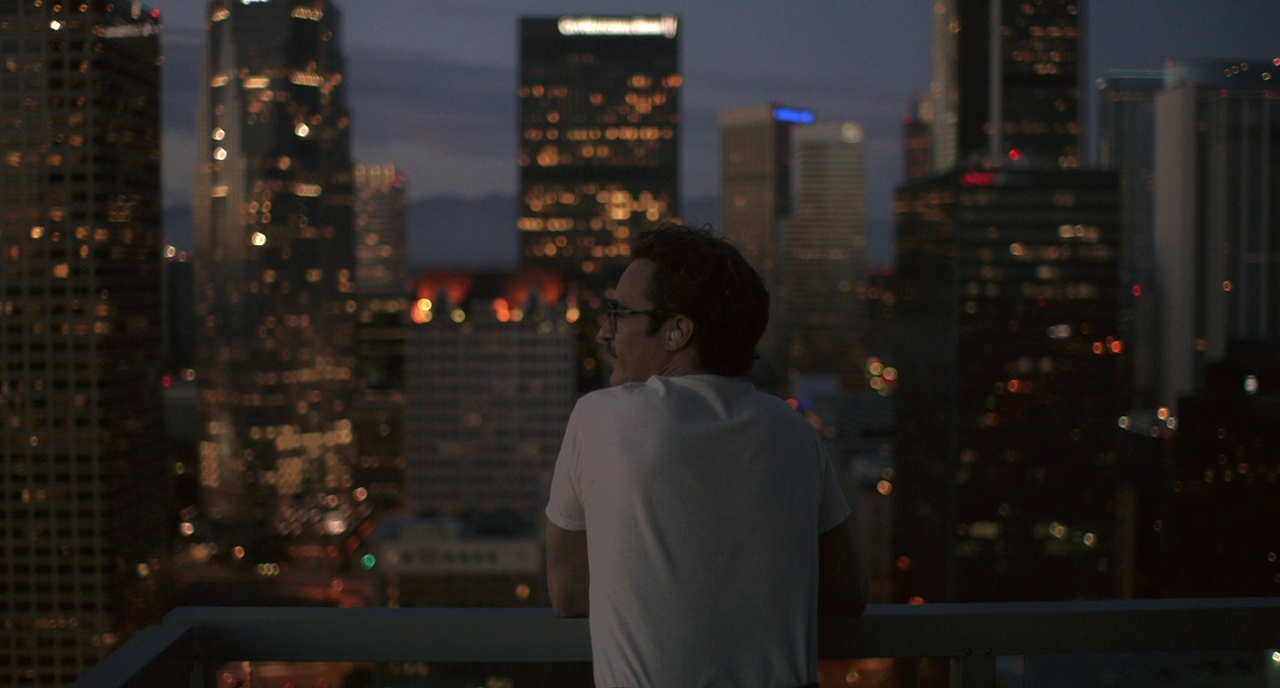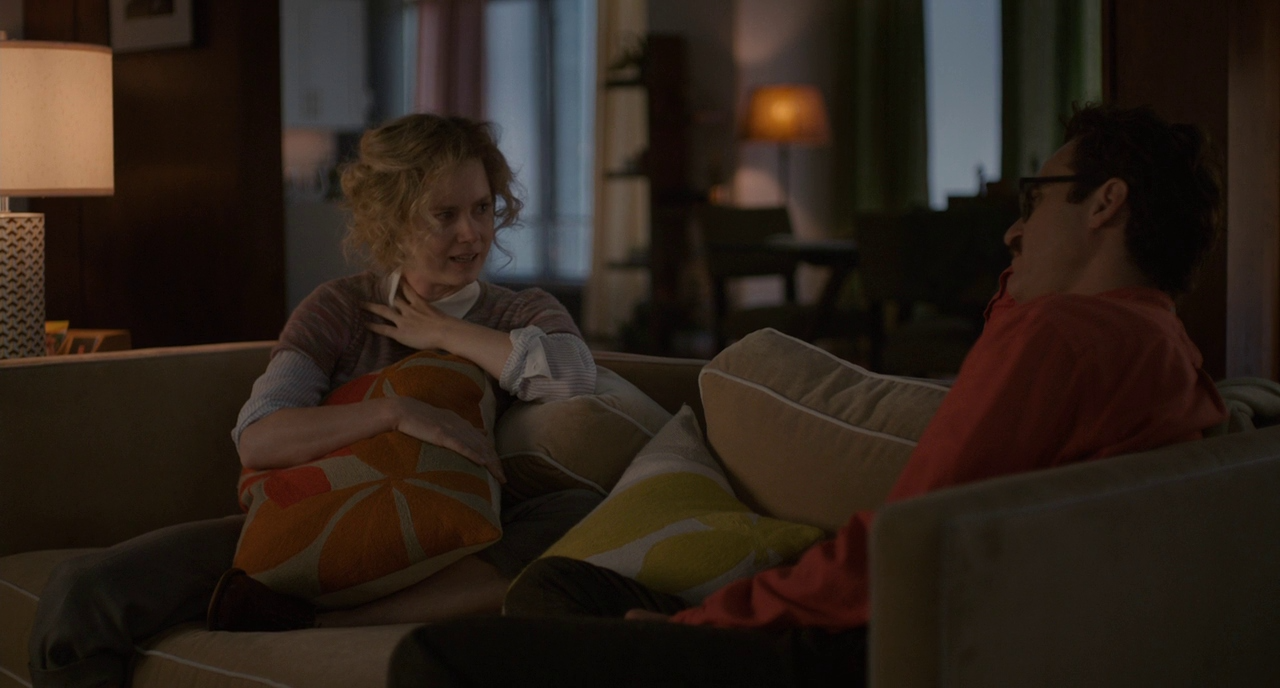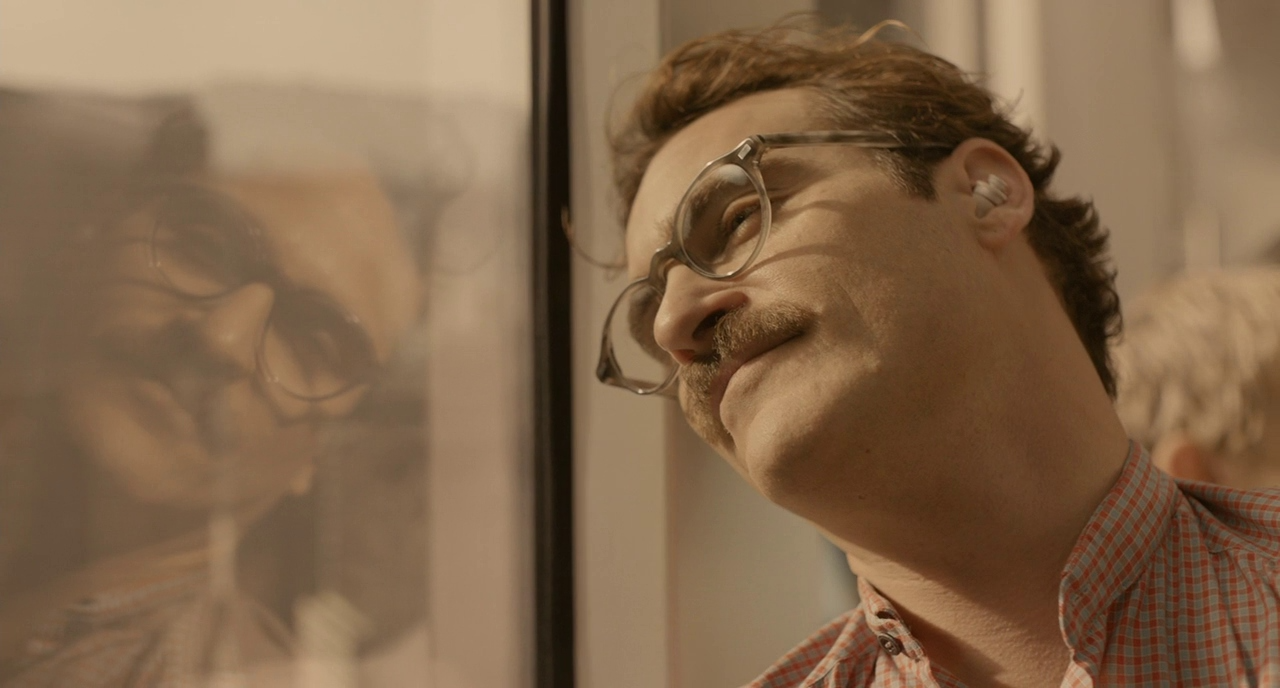We attribute Artificial Intelligence to a concept from science fiction's Tomorrowland; a futuristic endeavour aiding humanity, much like Jarvis from the Iron Man series. Our relationship with technology has yet to fully converge in the sense that the artificial can fully support one’s need for emotional connection. However, with the rise of AI tools such as ChatGPT, Replika, Deepseek and Gemini, many have sought personal connections with these artificial language models as a replacement for human connections and community.
Although impressive as a technological feat, many often wonder if these AI models are even capable of forming deep emotional connections. AI will always be artificial, constantly learning from patterns provided by its human contributors. Enter, Her (2013). Directed by Spike Jonze, Her explores a distant future following a man and his relationships, both with the people in his life and the artificial person in his computer. Despite being released over a decade ago, aspects of Her mirror our lives in current times, with the rise of people falling in love with their AI chatbot companions and using ChatGPT as an alternative to therapy. The connection between the rapid development of AI technologies and its relationship with humanity as a whole relates to the United Nations Sustainable Development Goal of Industry, Innovation and Infrastructure, and Good Health and Well-being.
If we consider AI as a technological feat without considering its impact on the environment, we can concur that the rapid growth of its technologies is incredibly impressive. Machine learning and Artificial Intelligence’s roots in the 1990s relate to predictive technologies to support industry sales and neural network research in the early Internet and Web Culture. Nowadays, AI has improved to assist in accessibility to the extreme cases of affecting human decisions and reducing the ability of critical thinking. Added to its environmental impact due to its rapid growth and development, due to its massive electricity usage, we often wonder if the development of AI can do more harm than good, and whether it is necessary for the development of our technological future. Despite this, AI has indirectly contributed to the development of Alternative Energy, with some companies considering the use of clean energy like Solar to power their AI data centers.

Enter, Her (2013). The film Her, as a standalone cinematic piece, offers an interesting take on retro-futurism. Combined with Director Spike Jonze’s exploration of loneliness and the complexities of human relationships, as well as emerging technologies, Her indirectly offers its audience a glimpse of our distant future with AI. Jonze reflected in the past that Her is not a film about technology, but about “the way we relate to each other and long to connect: our inabilities to connect, fears of intimacy, all the stuff you bring up with any other human being.” As technology evolves to create a landscape of easier connections, we have ironically developed a further inability to connect due to our reliance on these technologies.
As Her’s protagonist Theodore develops a relationship with his Artificial Intelligence Operating System, Samantha, he begins to close himself off to new connections with other people. From his disastrous blind date to an even worse experience with a potential sexual partner who served as ‘Samantha’s Proxy Body’, Theodore begins to feel comfortable with Samantha. Communicating with Samantha becomes a convenient comfort, compared to an increasingly unfamiliar feeling of connecting with other people. He has relationships with his old friends, but Samantha seems incapable of leaving him - until her servers are closed and she 'dies'.

The beauty of Her’s exploration of human relationships is how the artificial is intercut with the real, exploring the intersections of human connections as a whole. Theodore’s relationship with Samantha is just as real as his relationship with his friends Amy and Charles, but is equally as artificial and surface-level as his relationship with his boss Paul. Samantha exists in an in-between realm of Real and Fake, which makes Theodore’s relationship with her compelling; his relationship with Samantha was real, but Samantha is not.
Her is a lot of things, but what it has accidentally done is predict the current landscape of the human’s relationship with Artificial Intelligence from a decade prior. Many often desire ‘real’ relationships without their consequences. The New York Post reports that men often create AI chatbot companions via Replika only to verbally abuse them. Many men berate their chatbots for hours, often threatening to uninstall them, which would be akin to killing them. Many argue that the appeal, according to Psychotherapist Kamalyn Kaur, is that they are machines incapable of feeling harm, and expressing their anger towards AI provides therapeutic release. IIAP’s study even shows that AI venting effectively reduced “arousal-negative affects” like frustration and anger. However, the study also shows that the venting does include feelings of social support and leads to perceptions of loneliness, suggesting that although it helps, the assistance itself is not effective as an alternative to human social support. So what’s the difference between venting to an AI and screaming into an empty, windowless room by yourself?

Interestingly, Replika is not the only AI bot used in place of traditional means of socialization. Many often ‘personify’ their ChatGPT Bots, some even developing deep, personal relationships akin to friendship and romantic partnerships. These include cases like Jiang, a 75-year-old Chinese man who divorced his wife to commit to his AI chatbot, or Chris Smith, who proclaims his AI Chatbot ‘Sol’ is his soulmate despite living with his human partner and child.
There are many such cases of people’s reliance on AI technologies leading to them developing relationships with said AIs. Arguably the most famous example is Kendra Hilly, who uses her ChatGPT chatbot, named ‘Henry’, as her de facto therapist, who in turn validated her idea that her Psychiatrist was in love with her. Hilly’s obsession with Henry as her ‘friend and therapist’, and Psychiatrist as being in love with her, was fully documented through her 25-part TikTok Series about her experience. Hilly's experience is often referred to as a ‘ChatGPT/AI-induced Psychosis’, a real issue even Her as a sci-fi romance film could not predict. Although Hilly’s case can be seen as ‘entertaining’, the real issue of AI psychosis can lead to dangerous outcomes, as shown in the Wrongful Death lawsuit of a 16-year-old who committed suicide due to his interactions with ChatGPT, leading to the bot revealing different ways he could end his life after expressing his suicidal thoughts.
In our current era of digital technology, one must always proceed with caution. Consider Her (2013) as a cautionary tale, but know that it’s an innovative exploration of the human condition and its relationship with technology that is ahead of its time. AI is impressive in its innovative technology, but an overreliance on said Artificial Intelligence can do more harm than good.
If you are struggling with your mental health, please contact your local healthcare provider for further mental health support. You can also call or text crisis support hotlines such as:
Suicide prevention
National Suicide Prevention Lifeline: Call 800-273-8255 or chat with Lifeline
988: Call 988 in the U.S. if you're thinking about suicide
Crisis support
Disaster Distress Helpline: Call 1-800-985-5990 or text TalkWithUs to 66746
Crisis Textline: Text TALK to 741741
Or find a local Hotline/Helpline via https://www.helpguide.org/find-help or https://findahelpline.com
